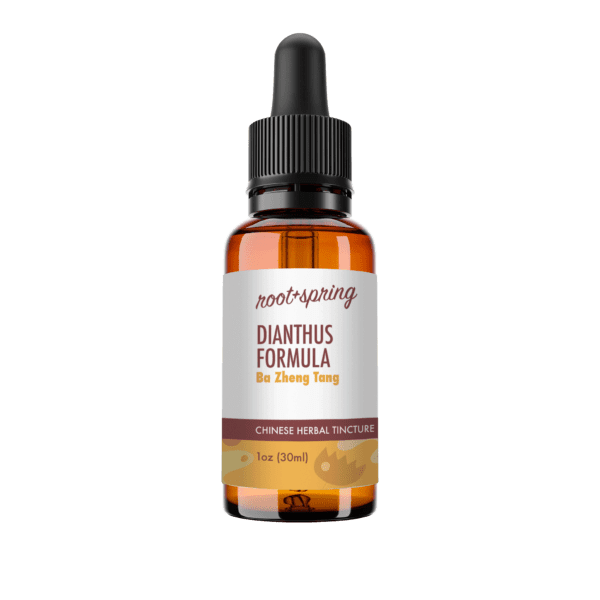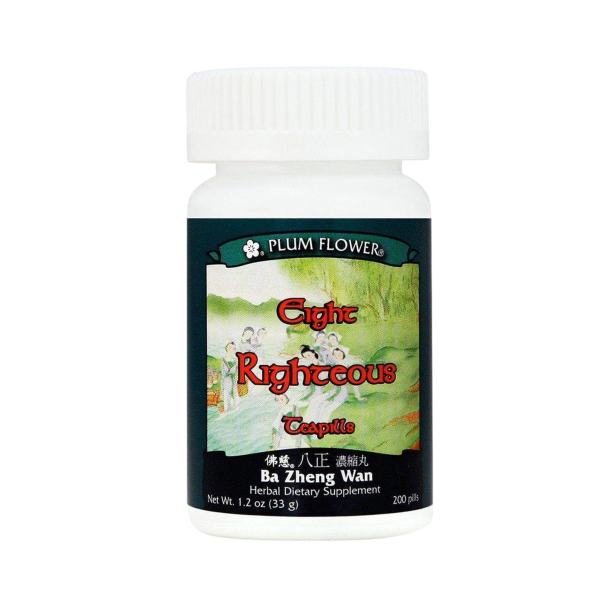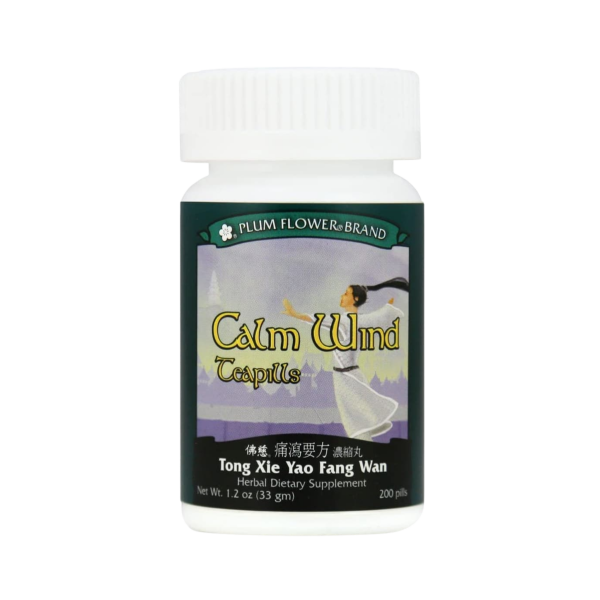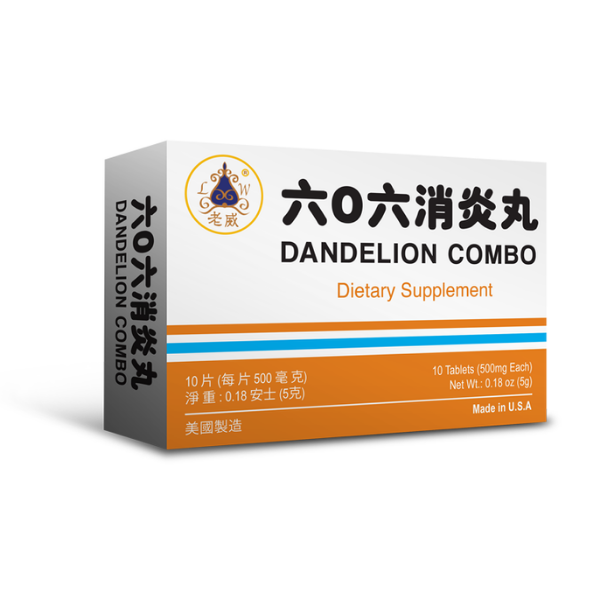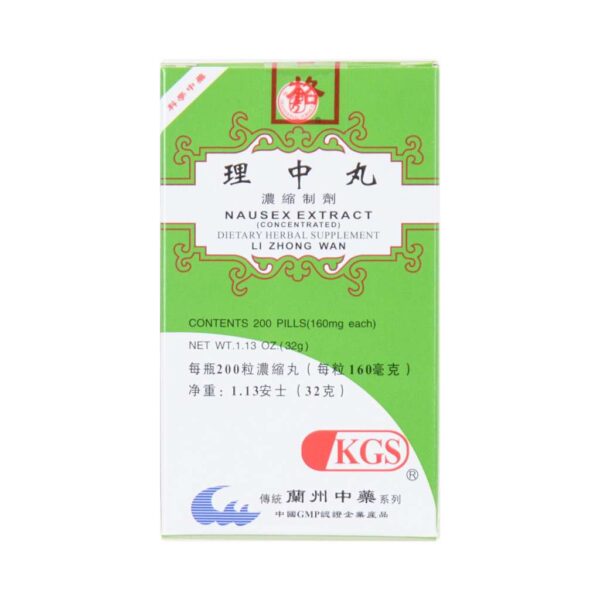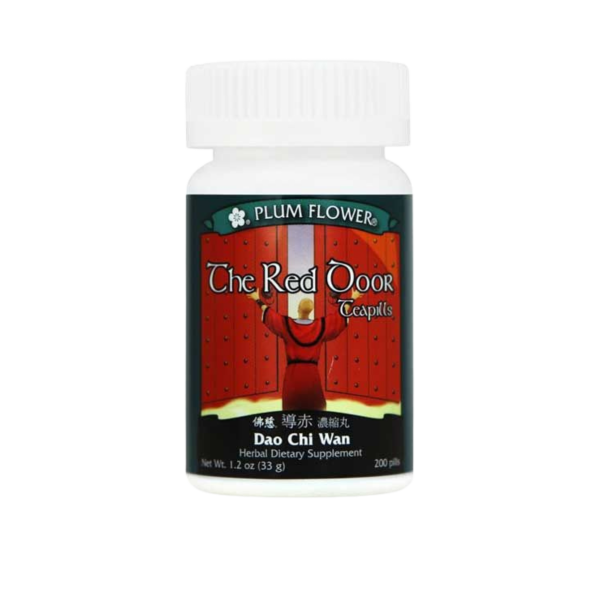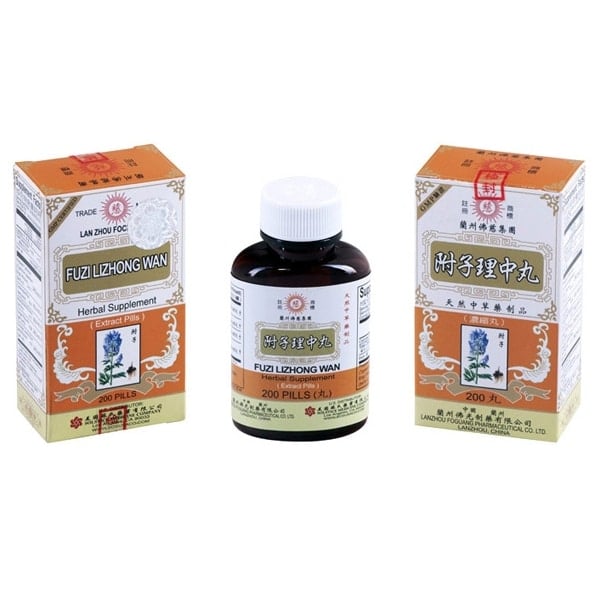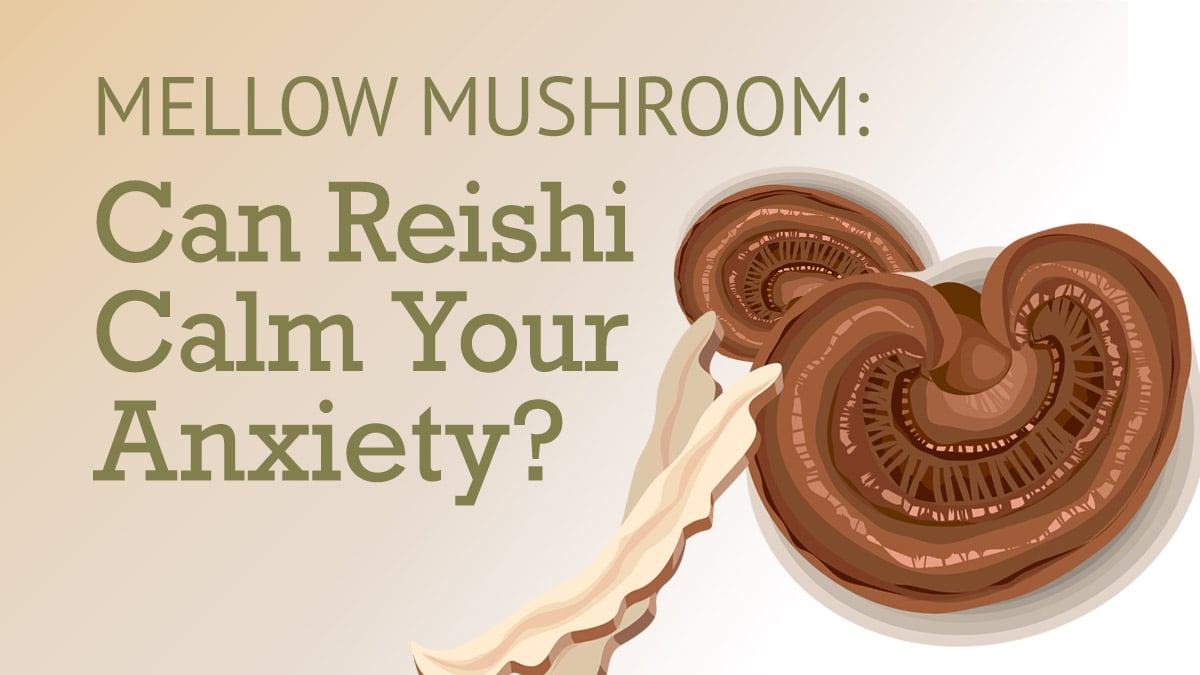Showing all 7 resultsSorted by popularity
$7.95 USA Shipping • $200 FREE Shipping • 90-Day Hassle-Free Returns

Small Intestine
Zang Fu Organs – Small Intestine
The main function of the Small Intestine system in Chinese medicine is to “separate the clear from the turbid.” In other words, or to absorb the useful parts of our food (or information we consume) and pass along that which we don’t need.
Best Chinese Medicine Basics: The Small Intestine System
Chinese medicine views the organs not as separate entities, but as connected physical, chemical, and energetic networks. Here, we’ll dive deeper into the Chinese medicine concept of the Spleen system and how we can use herbal medicine to boost digestive health.
(Note: we will capitalize “Small Intestine” when discussing the Chinese medicine Small Intestine system to differentiate from the general organ of the small intestine.)
The Small Intestine: Overview & Associations
The main function of the Small Intestine system in Chinese medicine is to “separate the clear from the turbid.” In other words, or to absorb the useful parts of our food (or information we consume) and pass along that which we don’t need.
Element: Fire
Color: Red
Direction: Downwards
Emotions: all emotions, joy, delirium, numbness, heartbreak
Sense Organ: Tongue
Paired Organ: Heart
Western Associations: small intestine, duodenum
Other Associations: tongue, ears, shoulder
Common Conditions: digestive disorders, SIBO, IBS, bloating, abdominal pain, painful urination, bloody urine, hernias, restlessness, anxiety, tongue ulcers, sudden hearing loss,
The Small Intestine Organ System
Like the Western medicine’s view of the small intestine, the Small Intestine also receives food from the stomach to pass on to the large intestine. The Small Intestine’s job is to extract the remaining nutrients and “essences” from the food and pass the turbid waste on to the Large Intestine and Urinary Bladder.
The Small Intestine is therefore involved in many digestive disorders. A healthy Small Intestine is required for best absorption of nutrients and elimination of toxins and waste. Because the Small Intestine is a fire organ, it is sensitive to cold. If cold enters the body (through food, environment, or medication), the Small Intestine’s balance gets thrown off and diarrhea, loose stools, nausea, or excessive urination can occur.
The Small Intestine is linked to the Heart as its yang organ pair. This means that the Small Intestine can influence the Heart and vice versa. For example, they are both involved in issues with the tongue, like tongue ulcers or speech issues. When there is heat irritating the Heart, causing anxiety and restlessness, there may also be heat below in the Small Intestine, showing up as burning urination or abdominal pain.
Finally, the Small Intestine has a powerful mental function. Just as it separates the good from the bad in our food, it also parses through information, thoughts, and emotions the same way. A healthy Small Intestine system will provide you with clear judgement, balanced emotional health, and the ability to make smart choices.
The Small Intestine Channel (Small Intestine Meridian)
The Small Intestine channel starts at the corner of the nail of the little finger, then runs along the ulnar (outer) side of the hand, wrist, and arm to reach the shoulder. Here, it zig zags along the back of the shoulder where it connects with the Large Intestine channel.
The channel continues up the side of the neck to blow and around the ear and ends at the cheek, just under the eye.
An internal branch breaks off at the neck and travels down through to connect with the Heart, Stomach, Large and Small Intestine organs, then descends to reach a special acupuncture point on the lower leg.
Because the Small Intestine’s channel pathway travels along the arm, neck, face, and ears, it is often involved in managing issues like arm pain, shoulder pain, neck pain, TMJ, and ear pain.
Our Best Chinese Medicine Favorites for Small Intestine Health
Most herbal formulas for the Small Intestine are focused on treating issues related to digestion, urination, and abdominal pain. Here are a few key formulas to know about:
Regulate the Middle – Fu Zi Li Zhong Wan
Fu Zi Li Zhong Wan is a very warming formula for conditions where cold has entered the Small Intestine. This often presents as watery diarrhea, loose stools, feelings of cold in the abdomen, abdominal pain, and increased urination. This formula restores warmth to the fire of our digestive systems and supports the Small Intestine.
Calm the Wind – Tong Xie Yao Fang Wan
Tong Xie Yao Fang Wan is dedicated to reducing symptoms of IBS and other digestive disorders. This formula uses herbs to calm “wind,” or movement, gas, and discomfort in the bowels.
Flush Out Pain – Ba Zheng Wan
When there’s inflammation in the Small Intestine, it can easily transmit to the bladder to cause painful, dark, burning, and even bloody urination. To cool the heat and bring balance back to the urinary tract, Ba Zheng San uses cold and anti-inflammatory herbal medicinals.
Cool the Heart – Dao Chi Wan
This formula guides heat away from the Heart and Small Intestine channels and is useful for fever with dark, scanty, smelly urine and fever due to UTI or kidney infection.
Best Chinese Medicine Supplements for Small Intestine Health
The Small Intestine may seem like just another digestive organ, but its influence has a much greater reach. Shop our full collection of Chinese herbal formulas for better health today!

